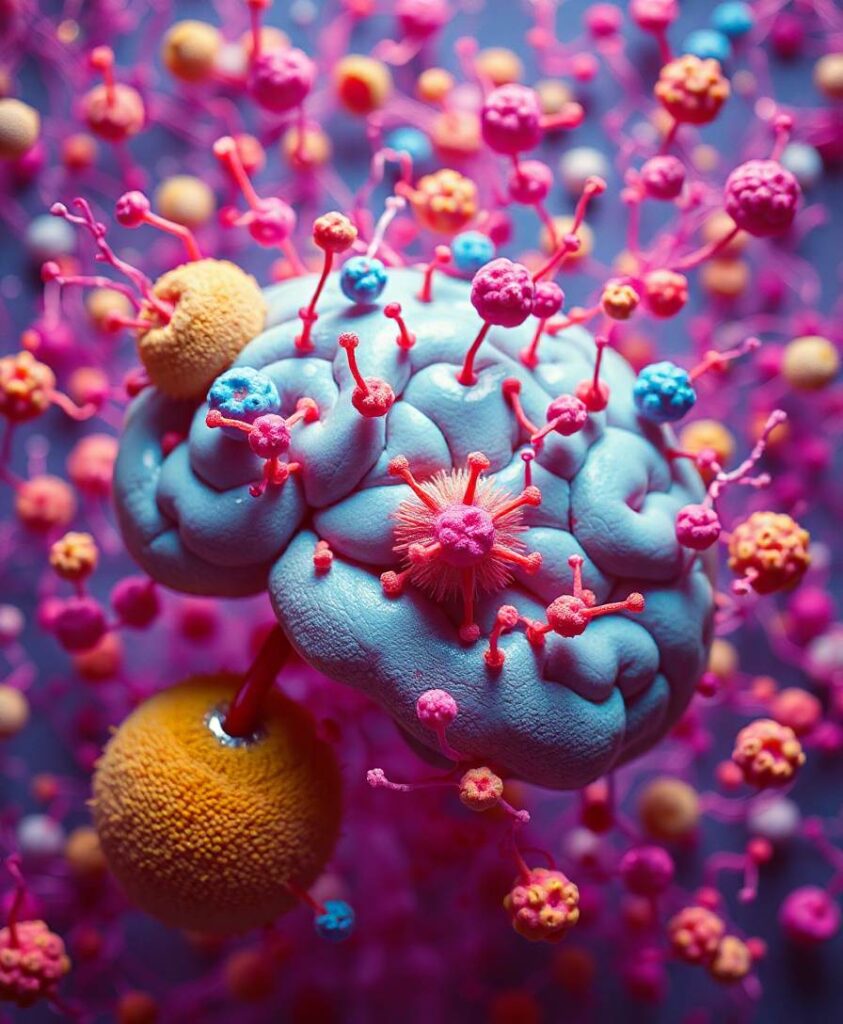When you sit down with a snack, a meal, or even a quick energy boost from a processed treat, your body quietly records the story of what you’re eating. You might not notice it, but beneath the surface, molecules in your blood and urine are acting like tiny messengers, revealing whether your energy comes from wholesome foods or ultra-processed options. It’s as if your body’s own chemistry is whispering a truth serum about your diet—without you needing to track every bite or count calories. This subtle language of metabolites could change how we understand our eating habits and health.
Many of us worry about the impact of ultra-processed foods—those convenient, flavor-enhanced products that fill our grocery aisles. From sugary cereals to fast-food snacks, these foods often dominate busy lives, offering quick satisfaction but raising questions about their long-term effects. Now, scientific breakthroughs suggest that our bodies are more transparent than we might think. The metabolites—tiny molecules produced during digestion and metabolism—serve as biological signatures of how much energy we derive from these ultra-processed foods.
Can blood and urine tests truly reveal your processed-food intake?
Imagine walking into a clinic and leaving with a simple blood or urine sample that, like a fingerprint, uncovers your dietary story. Researchers have identified specific groups of metabolites that reliably correlate with how much energy someone gets from ultra-processed foods. This isn’t about guessing or relying on food diaries; it’s about tapping into the natural chemistry your body produces during digestion. These metabolites act like a silent narrator, telling us whether your body is fueled mainly by whole, unprocessed foods or by the convenience of modern processed options.
This discovery opens a new window into personalized nutrition and health monitoring. If a small blood or urine sample can reveal your level of ultra-processed food consumption, it paves the way for more accurate assessments of diet-related health risks. For individuals seeking to understand their eating patterns, or for clinicians aiming to craft targeted nutritional advice, these biological clues could be game-changers.
Think about the implications: instead of relying solely on self-reporting, which can be biased or inaccurate, we could have a biological snapshot of dietary habits. Over time, this could help track changes, motivate healthier choices, and even predict potential health outcomes linked to diet quality. For those trying to cut back on processed foods, knowing that your body “knows” what you’re eating might encourage more mindful choices, fostering a deeper connection between what you consume and how you feel.

How understanding these molecules could influence your health journey
As we become more aware of how our bodies reflect our eating habits, the focus shifts from counting calories to understanding the deeper metabolic stories we tell ourselves every day. The metabolites found in blood and urine are like secret messengers—silent witnesses to our dietary patterns. Recognizing these signals might help us develop more personalized, effective strategies for improving health, reducing processed food intake, and embracing a more nourishing lifestyle.
This research reminds us that our bodies are complex, adaptive systems—capable of revealing truths that our conscious minds might overlook. By listening to these molecular whispers, we can better understand our relationship with food, fostering habits that support long-term well-being. The journey toward healthier eating can be guided not just by willpower or external advice, but by the quiet, persistent language of our own biology.
Learn More: Molecules in blood and urine could reveal how much ultra-processed food you eat
Abstract: Sets of metabolites found in blood and urine reliably correspond with how much energy from ultra-processed food a person consumes, according to a new study.
Link: Read Full Article (External Site)



